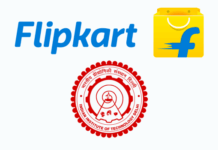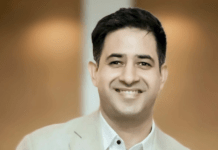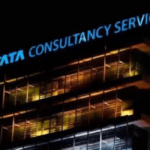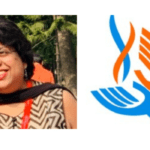IIT Alumni Council announces MoU with key Russian technology IPR owners and Universities as part of the Quantum Mission.
India aspires to be part of the select global club of developed nations with quantum computing capability. Quantum Computing makes existing supercomputers obsolete and could be several million times more powerful than the largest supercomputer in India. This computing capability allows real world events to be emulated in the virtual world just like architects can now see a proposed building on screen in photo-like quality before actually constructing it. The impact of quantum computing on computing is as revolutionary as the impact of CAD drawing on conventional drafting on a wooden board with a scale and pencil. It marks a quantum jump and a paradigm change. If India doesn’t catch up now, it will be left out of this key technology just as it got left out in the silicon chip industry.
“IIT Alumni Council believes that technology could and should play a much greater role in solving the Nation’s problems and to achieve the mission of Atma Nirbhar Bharat.We have now taken up the mission to build world’s largest and fastest hybrid Quantum computer in India . The MOU with Russia is the first step to aggregate and integrate key technologies from leading global players . The next step is to integrate these technologies into a high throughput, high speed Quantum Computer, interfacing that with smartphones and laptops for distributed computing, and using this to support solutions for solving infrastructure challenges of the country in areas such as Healthcare , Agriculture , Transport & Logistics , Pollution , Whether forecast and many more. We are sure that Quantum Computers will also strengthen the relationship between Russia and India .” said Ravi Sharma, President of the IIT Alumni Council
His Excellency, Russian Trade Commissioner Alexander Rybas noted, ”First of all I would like to stress that our countries share a long history and enjoy good mutual understanding. It has been a Special and privileged partnership. But times are changing rapidly and today we look at innovative quantum technology as a new area for reaching new heights jointly with the IIT Alumni Council.”
Added Nikita Mazein, Vice President for Rusatom Overseas (RAOS), a subsidiary of Rosatom State Atomic Corporation (Rosatom), “We indeed believe that Rosatom’s high technology Quantum Computing technologies fit into the IIT Alumni Council requirement very well, as well as both relevant experience and leading positions in the global market, become the clear advantage for the potential ecosystem of Atma Nirbhar Bharat in terms of science, technologies in India with cooperation from Russia.”
Elena .B. Tishchenko, Advisor to the Dean of the Faculty of Economics of the EF Moscow State University, Head of ICT working group on cooperation with India said, “Quantum Computing network and cyber security is one area where both countries can work together. Moscow State University is successfully working with Quantum computers for last few years. We wish our joint project on Quantum computers with IIT Alumni Council will be the role model for future Indo Russian cooperation.”
Dr Valentin Makarov, President of Russoft outlined the need for strengthening of global trends towards regionalization that outlined the importance of intensifying technological exchange between both countries in the field of development and prototyping of frontier technologies. He stated, “The most promising areas for Indo- Russian joint projects with high potential are: ICT, space exploration, climate change, quantum technology and data security.”
Value our content... contribute towards our growth. Even a small contribution a month would be of great help for us.
Since eight years, we have been serving the industry through daily news and stories. Our content is free for all and we plan to keep it that way.
Support HRKatha. Pay Here (All it takes is a minute)


































